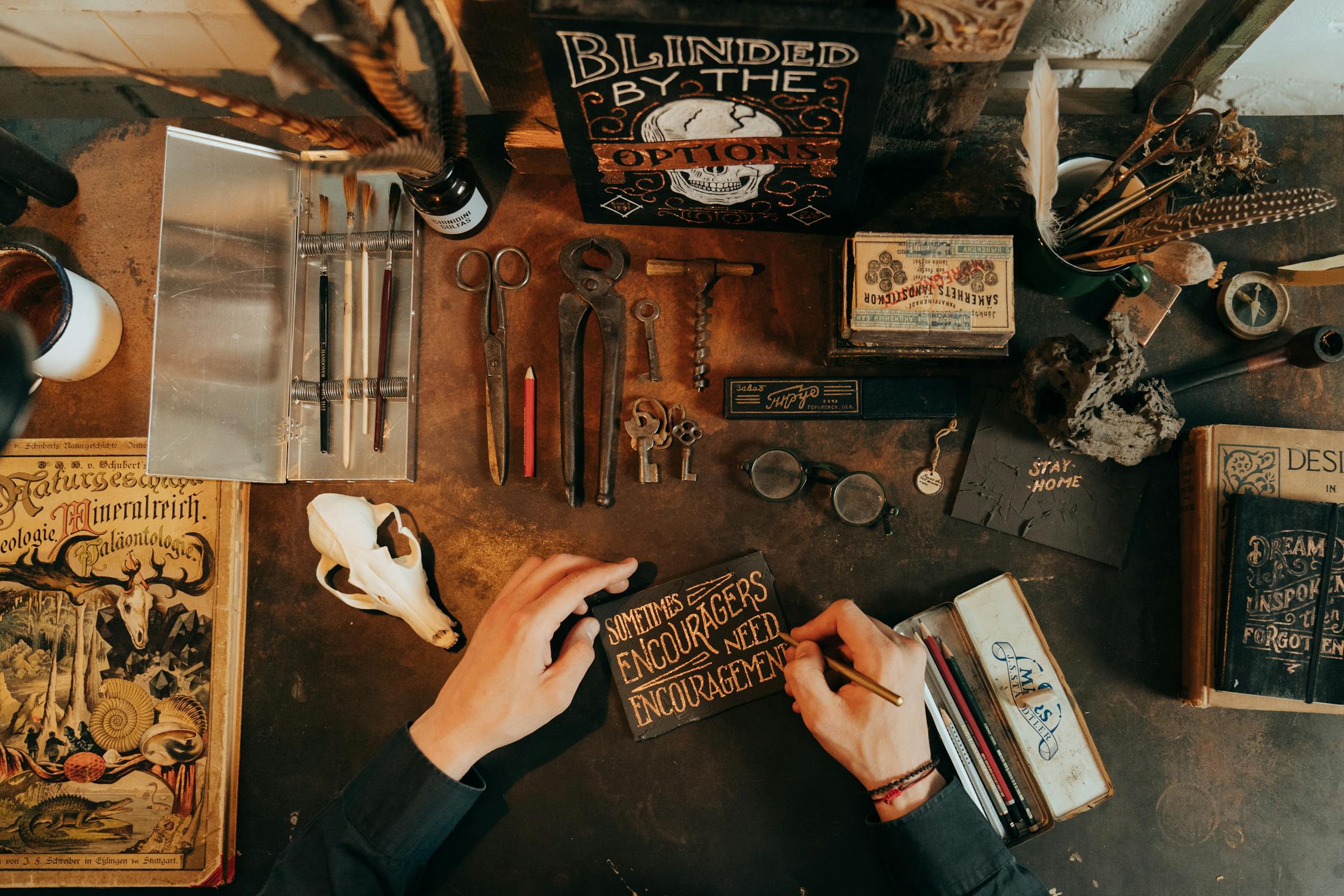When Maira Khan’s boyfriend left her last year , she was desperate for him to come back. “She knew she was seeing someone else, but she didn’t know how serious the relationship was,” Toronto influencer Khan recalled. “I just wanted her to leave.”
Not knowing what else to do, he decided to turn to the occult . “ The first spell I bought was a sever the tie spell , which for me had to do with removing the third person,” said Khan, 28. He found a witch on TikTok who only needed the name of the ex-partner to perform a candle ritual: tie a piece of twine around two candles and let the wicks burn out until the flames break the twine. “ She said everything had gone well ,” Khan revealed.
It’s a good time to be a witch . Those who have delved into the “trade” are part of a $2.3 billion industry in the broader universe of psychic services, a field that includes palm reading (palmistry ) , tarot cards. (cartomancy) and astrology .
People no longer call psychics from the phone book or knock on the doors of witchcraft shops to ask for fortune: supernatural entrepreneurs are installed on TikTok and Etsy . There are nearly 36,000 sellers on Etsy offering “psychic readings” and related paraphernalia, such as enchanted candles, apothecary kits, ritual oils, and voodoo dolls.
The business of witchcraft is almost as old as the practice itself . In Europe , “witchcraft offered women from the Elizabethan period to the 18th century a good and sometimes lucrative way to make a living,” says Marion Gibson, professor of Renaissance and Magical Literatures at the University of Exeter in England, author of “ Witchcraft: A History in Thirteen Trials .”
Poor people often visited witches and other “people of magic”—such as fortune tellers and sorcerers—in times of illness or poor harvests. It was expensive, but often cheaper than searching for medicines and doctors or buying new tools.
Traditions also grew from historical forces. Hoodoo , a spiritual practice started by enslaved African Americans in the American Deep South, blends regional African beliefs, indigenous customs, and Christianity.
“I’m from Alabama, right next to Florida, so hoodoo may look a little different here than it does for the Gullah Geechee in South Carolina,” said Eve Hardy, a medium and hoodoo practitioner in Atlanta.
In a world where the mystical and the digital converge, a new wave of practitioners is navigating the online realm, offering magical services to a global clientele. The transformation from traditional mail-order spells to virtual rituals has not only altered the economic landscape of magical practices but also redefined the role of modern witches. Let’s explore this intriguing intersection of commerce and the supernatural.
The Digital Witching Hour:
Meet Hardy, a 26-year-old practitioner who, despite her booming online clientele for services like “path-opening” rituals, resists the label of witch. Hardy identifies with hoodoo, a subset of traditional African religions incorporating supernatural practices. For her, it’s not just a profession; it’s a lifestyle and a religion, making her more of a “boo hag” or priestess than a witch.
E-Commerce Magic:
The evolution of magical practices as an economic force parallels the broader shift to digital platforms. Once confined to mail-order spells, practitioners like Hardy now operate in the vast expanse of the internet. Online spaces, particularly TikTok and Instagram, have become fertile grounds for offering mystical services, opening up new avenues for reaching a diverse clientele.
The Occultist-Confidant Duality:
Witches, like Lavender Grey from Knowlton, England, often play a dual role as occultists and confidants. Grey’s Witch Emporium offers charms like the “Fiery Wall of Protection,” emphasizing not only the mystical aspect but also the importance of advice and guidance. The personal connection with clients extends beyond casting spells, creating a holistic approach to their well-being.
Navigating Personal Commodities:
Curses and spells, often deeply personal, require buyer participation in rituals that may involve revealing intimate details. Rhiannon Headrick, owner of All About Intentions in Missouri, shares that many requests stem from desperation, often in legal matters. While spells can’t be proven to take effect, practitioners like Headrick navigate the ethical complexities of offering metaphysical services that guarantee results.
Legal and Ethical Complexities:
While casting a curse during a family trial isn’t illegal, platforms like Etsy have banned the sale of metaphysical services that assure specific outcomes since 2015. This has led to a shift in language, with many practitioners incorporating “entertainment only” clauses to comply with platform policies.
Conclusion:
The rise of digital platforms has transformed the landscape of magical practices, allowing practitioners to connect with a global audience. From traditional rituals to virtual spells, the online witching community thrives at the intersection of commerce and the supernatural. As modern witches redefine their roles, the blending of mysticism and e-commerce continues to shape the evolving narrative of magical practices in the digital age.



